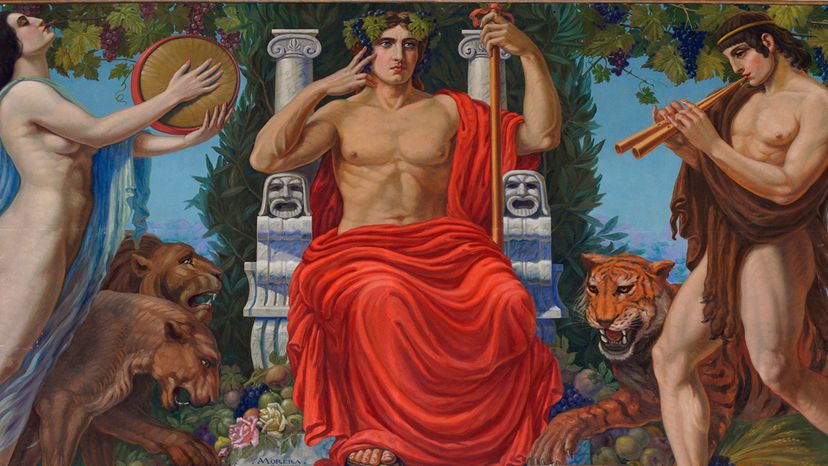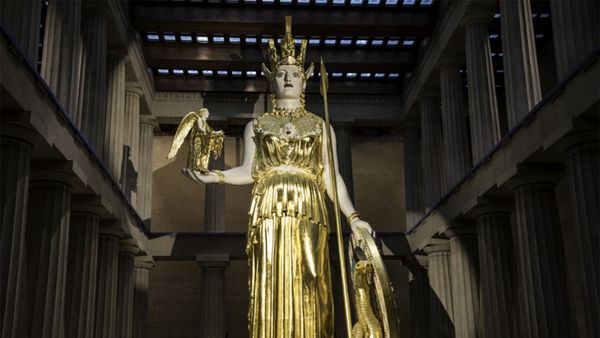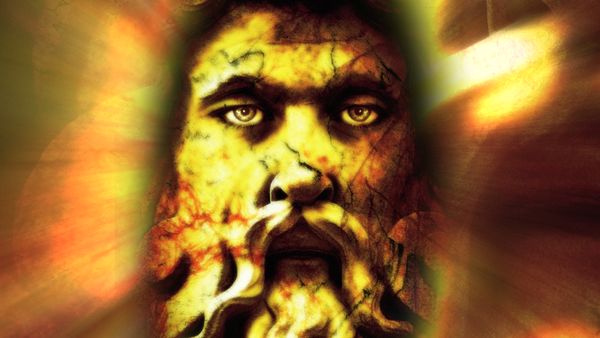
Key Takeaways
- Dionysus is the Greek god of wine and fertility, symbolizing all things wine-related and introducing viticulture to Greece.
- He has a dual personality, bringing joy and ecstasy as well as brutal rage, inspiring artists and philosophers with his complex nature.
- Dionysus is also known for terrifying stories of punishing those who resist him. He has two different birth stories involving Zeus and mortal women.
If a Google search for "Dionysus" brought you here rather than to information on the hit song from South Korean K-pop megastars BTS, whoops! But also, welcome — let's find out why the ancient Greek god Dionysus has inspired artists to sing his praises.
"Dionysus is a complex god," Richard P. Martin, Antony and Isabelle Raubitschek professor in classics at Stanford University, says via email. "He has the power to transport his worshippers into religious ecstasy, and to drive his opponents into ritual madness. He seems to come from outside and to invade the consciousness."
Advertisement
That's probably primarily due to his connection with wine and its effects, from the very first mild and pleasant buzz it gives you to the wretched morning-afters when you have too much. Read on to learn more about the grape-loving Greek god.


